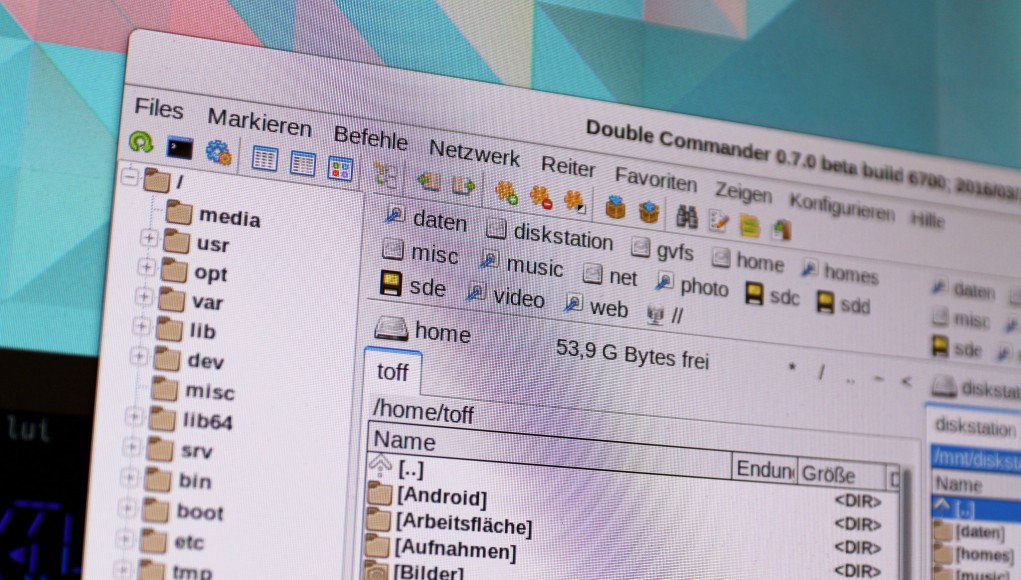
This lets you do what you need to do without losing too much time reinventing the wheel and figuring out answers to common problems. But most likely you'll use a popular one that has lots of users and a community of people around it.

You can create your own distribution, too. Instead, we have distributions.Ī "distro" is made by a company or organization and packages the Linux core with additional programs and tooling.įor example you have Debian, Red Hat, and Ubuntu, probably the most popular distributions.īut many, many more exist. Linux is also special because there's not just "one Linux", like is the case with Windows or macOS. No one can dictate which apps you can run, or "call home" with apps that track you, your position, and more. But before using macOS I used Linux as my main computer Operating System. I use macOS because I really enjoy the applications and design (and I also used to be an iOS and Mac apps developer). You can also use Linux as your day to day computer. But there's no single commercial company that can dictate what goes into Linux, or the project's priorities. It is developed by volunteers, some paid by companies that rely on it, some independently. They're actually going in the opposite direction, building walled gardens, especially on the mobile side.

There's one thing about Linux that corporations like Microsoft, Apple, and Google will never be able to offer: the freedom to do whatever you want with your computer. It went on to be the kernel of the GNU Operating System, creating the duo GNU/Linux. The Linux "core" (called a kernel) was born in 1991 in Finland, and it has come a really long way from its humble beginnings.
#Linux double commander android#
Android is based on (a modified version of) Linux. It's the base upon which everything is built. It powers the vast majority of the servers that compose the Internet. It is also the most popular Open Source operating system, and it gives you a lot of freedom. Linux is an operating system, like macOS or Windows.
#Linux double commander pdf#
You can bookmark this page in your browser so you can reference this handbook in the future.Īnd you can download this handbook in PDF / ePUB / Mobi format for free.ĪDVERTISEMENT Introduction to Linux and shells What is Linux? I hope the contents of this handbook will help you achieve what you want: getting comfortable with Linux. It focuses on the small core commands that you will use the 80% or 90% of the time, and tries to simplify the usage of the more complex ones.Īll these commands work on Linux, macOS, WSL, and anywhere you have a UNIX environment.

This handbook does not try to cover everything under the sun related to Linux and its commands. I find that this approach gives you a well-rounded overview. This Linux Command Handbook follows the 80/20 rule: you'll learn 80% of a topic in around 20% of the time you spend studying it.
#Linux double commander code#
Each command includes example code and tips for when to use it. This Linux Command Handbook will cover 60 core Bash commands you will need as a developer.


 0 kommentar(er)
0 kommentar(er)
